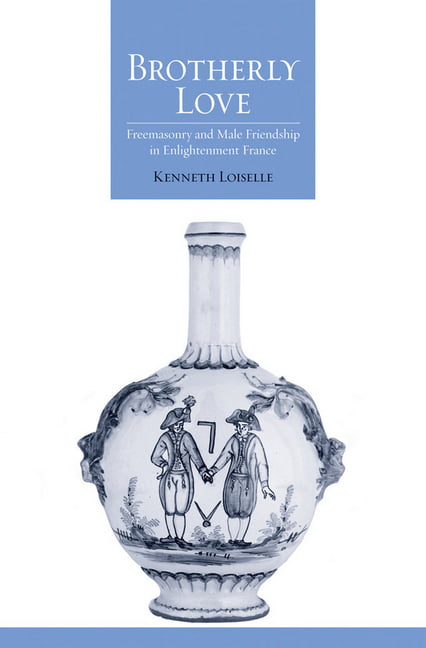

This book concentrates on the notorious case of the French Prophets as the epitome of religious enthusiasm in early Enlightenment England. Based on new archival research, it retraces the formation, development and evolution of their movement and sheds new light on key contemporary issues such as millenarianism, censorship and the press, blasphemy, dissent and toleration, and madness.

This collection of essays offers a major reassessment of the meaning and significance of emotional experience in the work of Shakespeare and his contemporaries.
This collection presents essays from disciplines like history, literary studies, psychology, sociology and queer studies, focusing on subjects varying from masculinity in the cult of sensibility to the role of empathy in forging feminist solidarities.

The contributions show how medieval and early modern fictions of Troy use love and other emotions as a means of approaching the problem of tradition. As these texts reflect on their own traditionality, they highlight both the affective nature of temporality and the role of affect in scrutinising tradition itself.

This volume makes new connections between embodiment, selfhood and the passions. It explores new ways of negotiating the boundaries between a cognitive and bodily approach to emotion, and in the process suggests both new models of the self and new models for interactive and inter-disciplinary history.

The Imperfect Friend sheds new light on how the writings of Sidney, Milton and others grappled with problems of personal identity. From their innovations, the study concludes, friendship emerges as a favourite site of counseling the afflicted and perturbed.

Kenneth Loiselle not only examines the place of friendship in eighteenth-century French society and culture but also contributes to the history of emotions and masculinity.

In the long eighteenth century, sympathy was understood not just as an emotional bond, but also as a physiological force, through which disruption in one part of the body produces instantaneous disruption in another. Building on this theory, Romantic writers explored sympathy as a disruptive social phenomenon, which functioned to spread disorder between individuals and even across nations like a 'contagion'.

Uniting literary analysis, theories of emotion from the sciences and humanities, and a deeply archival account of Tudor history, Irish freshly examines how literature reflects and constructs the dynamics of emotional life in the Renaissance courtly sphere.

This book offers an innovative account of manliness in Britain between 1760 and 1900. Using diverse textual, visual and material culture sources, it shows that masculinities were produced and disseminated through men's bodies -often working-class ones - and the emotions and material culture associated with them.
This video, created by the North Carolina State University Libraries, is a concise explanation of what peer reviewing is and the role it plays in publishing. Closed-captioning is available for this tutorial.
Peer Review in Three Minutes (3:15)
How do I know if a journal is peer reviewed?
Some article databases allow you to limit to peer-reviewed journals when searching. If you cannot limit to peer-reviewed journals, use the Ulrichsweb database to look up the title of the journal. Ulrichsweb will show whether a journal is "refereed," which is another word for peer review. Access to this database is restricted to UW-Whitewater students, faculty, and staff.
Remember, not all articles in peer-reviewed journals go through the peer-review process. Once you find an article in a peer-reviewed journal, you must then determine if the article is scholarly. If the article is scholarly, and it is in a peer-reviewed journal, then that article was peer reviewed.